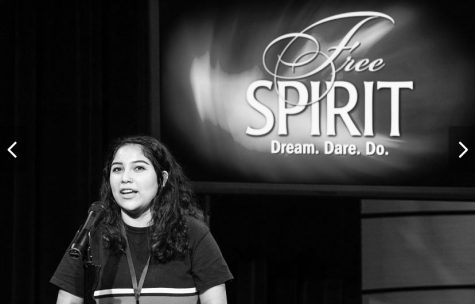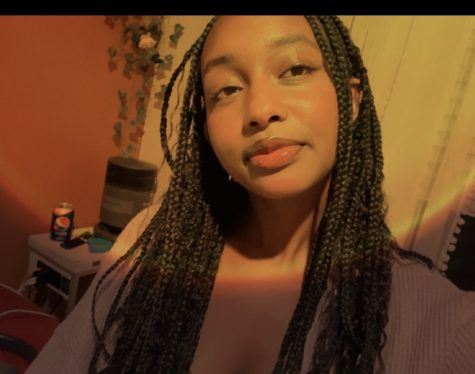Including new perspectives is vital to being an ally
 Throughout my high school English career, I have been exposed to about two books written by women, and one from a Person of color author. Everything else has been written by a white man. These are the books that get labeled as classic literature and what advanced students should read in classes such as AP Literature or AP Language.
Throughout my high school English career, I have been exposed to about two books written by women, and one from a Person of color author. Everything else has been written by a white man. These are the books that get labeled as classic literature and what advanced students should read in classes such as AP Literature or AP Language.
It frustrates me because some of these books discuss topics such as equality, racism, and morality, yet I feel as if learning about these from the perspective of a white man does not serve justice to the actual issues. Historically, these perspectives hold privilege and we learn a very glorified and small view of the reality of situations, especially when it comes to racism.
I wonder how it is for other students of color to learn about these topics from this shielded perspective, and if it inhibits understanding. The impact may differ if we were learning and understanding the effects of racism from the point of view of an African American than a white person.
There is also a world of literature that strays beyond English classics. In my free time, I try to encourage myself to become exposed to all of the classics from around the world because it’s important for me to learn about perspectives not only from the white man’s point of view.
My friend and I noticed this take place in our school, and this is why we are going to take action. Together, we compiled a list of work ranging from short stories to media that are only from POC, disabled, and from the LGBT+ community. We hope to start a book club that will meet that will exclusively study works created by minorities.We feel as if it’s critical that we cater to the outlook of minorities that discuss important issues such as equity, racism, and injustice in both the past and modern society.
I also want to recognize that next year North will be offering a “Diverse Voices” class in the English curriculum. By doing this, teachers and the school are able to appreciate and dedicate the time to honor these works and lives of POC, LGBT+, disabled, and other minority communities. It makes me super proud and excited for the students who will become exposed to these narratives and hopefully gain more awareness as an ally and a citizen.
I hope for the future that teachers can begin to incorporate more ideas and points of view from minority groups in order to cater to everyone, not just the minorities. There are opportunities not only in English classes but in all subjects. I encourage teachers to research and find ways to embed accomplishments, stories, and ideas into their personal curriculums. It’s important to acknowledge that white people have controlled the narrative and have inhibited the stories from the marginal community. For students, I strongly advise that they may bring up ways to engage in these narratives that can add to a classroom setting.
Hopefully, while I pursue my education, I can participate and connect these minority perspectives in my future classes to bring a new voice to others. It’s vital because we gain awareness and culture for doing so.


